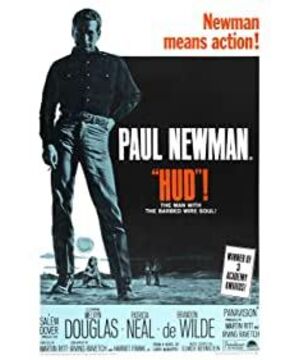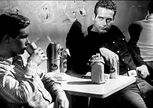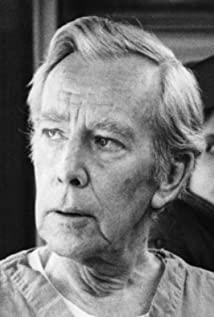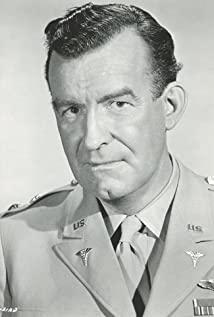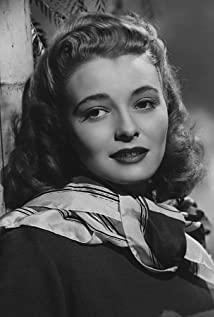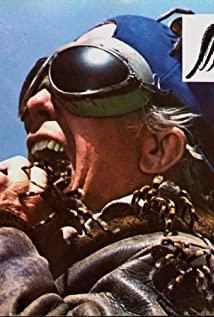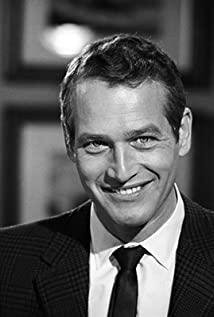In retrospect, Martin Ritt's revisionist Western HUD is a prescient censure against anomie, an anathema would allure and then benumb generations to come, here it devours our protagonist Hud Bannon (Newman), the bête noire of a son of Texas ranch owner Homer (Douglas ).
Thanks to Newman's star appeal, this unscrupulous Hud is too sexy a male specimen to arouse our unbending antipathy. A Lothario, cynic and law-scoffer, but Hud's bitterness seems unmoored, does the world treat him badly or is he born this way? Ritt and his writers are cagey in divulging his past (a rigid upbringing is to be blamed), which makes his antagonism towards Homer as an arbitrary remonstrance against the bien-pensant mentality.
But viewing from Homer's standpoint, a viewer cannot totally second his too-much-pride-too-little-flexibility stick-in-the-mud moral higher ground, like our entry point Lonnie (De Wilde), Homer's grandson and Hud's nephew, who dithers about which men to follow as a role model, if in the end of the day he seems to make a resolute choice, it doesn't sit well with the film's intended ambiguity about Hud, after all he is not an out-and -out bad seed, apart from a foiled rape attempt under the influence, his barking is worse than his bite.
That is my issue with HUD, Ritt confects an easy-to-digest message film out of the story's thought-provoking nexus, it could've gone further because Hud's unrepentant stance is set in stone (in way of the film's final sequences, you wonder what pox could be on him if there is a sequel).
Even so, it is a magnificent picture to behold and relish (Bernstein's lyrical, romantic score is euphony to a sore ear), not least for James Wong Howe's Oscar-winning black-and-white cinematography, shot in Panavision and enrapturing us with a stark treatment of the Texas landscape, a kinetic pig-scramble contest, and a cattle-slaughtering spectacle (although by determining the source of the foot-and-mouth disease to the Mexican cattle does smack of ethnocentrism). The highly contrasted chiaroscuro, with bleached daylight and abstracted shadows, educes a timeless and almost otherworldly bleakness that is consonant with HUD's disaffected tone.
A posturing-prone Newman is exceptionally impressive as Hud, his mouth is fiendishly crooked, he can be unerringly charming (razzing with a flower in the mouth) or beastly savage (when he lets ravishment go to his head, his gimlet eye is deadly) , for once, Newman's hardened carapace has no cracks to suggest repentance, it is as far as he goes for a villainous role, and what a villain his Hud is!
De Wilde is a categorical co-lead, his impressionable Lonnie is audience's proxy and represents our conscience, like in SHANE (1953), the young boy is mesmerized by a mythical figure, but here Hud is the obverse of Alan Ladd's Shane, he is an antihero who can spit in the face of Shane for his time-honored codes of honor, De Wilde is competently molded into an adult actor (he was 20 playing a 17-year-old teen).
The film won Douglas his first Oscar, granted, it looks like a trophy to honor his long career, starting as a leading man in silent pictures. But Douglas is terrific, even though his Homer is one big mix bag of clichés, he refines Homer's didactic persona with fire in his belly, which only renders Homer's sudden departure quite a letdown.
Then here is a golden category fraud case in terms of Neal's Oscar victory, her housekeeper Alma can never qualify as a leading part because she only exists in relation to Hud and Lonnie's stories, both men take a shine to her (for former, she is a low-hanging fruit and for the latter, her maternal tendresse tickles his fancy). However, Neal would be a worthy winner in the supporting actress category, her proficiency and expertise in seamlessly imparting heterogeneous emotions at a moment's notice is uncannily phenomenal, and Alma , the one who got away, can finally get out of harm's way with her dignity intact, that is the most uplifting occurrence in this familial scrape.
referential entries: Ritt's THE LONG, HOT SUMMER (1958, 6.3/10); Richard Brooks' CAT ON A HOT TIN ROOF (1958, 8.2/10); George Stevens's SHANE (1953, 8.1/10).
Title: Hud
Year: 1963
Country: USA
Language: English
Genre: Drama, Western
Director: Martin Ritt
Screenwriters: Irving Ravetch, Harriet Frank Jr.
based on the novel “Horseman, Pass By” by Larry McMurtry
Music: Elmer Bernstein
Cinematography: James Wong Howe
Editing: Frank Bracht
Cast:
Paul Newman
Brandon De Wilde
Melvyn Douglas
Patricia Neal
Whit Bissell
George Petrie
Val Avery
Curt Conway
Yvette Vickers
Rating: 7.8/10
View more about Hud reviews


